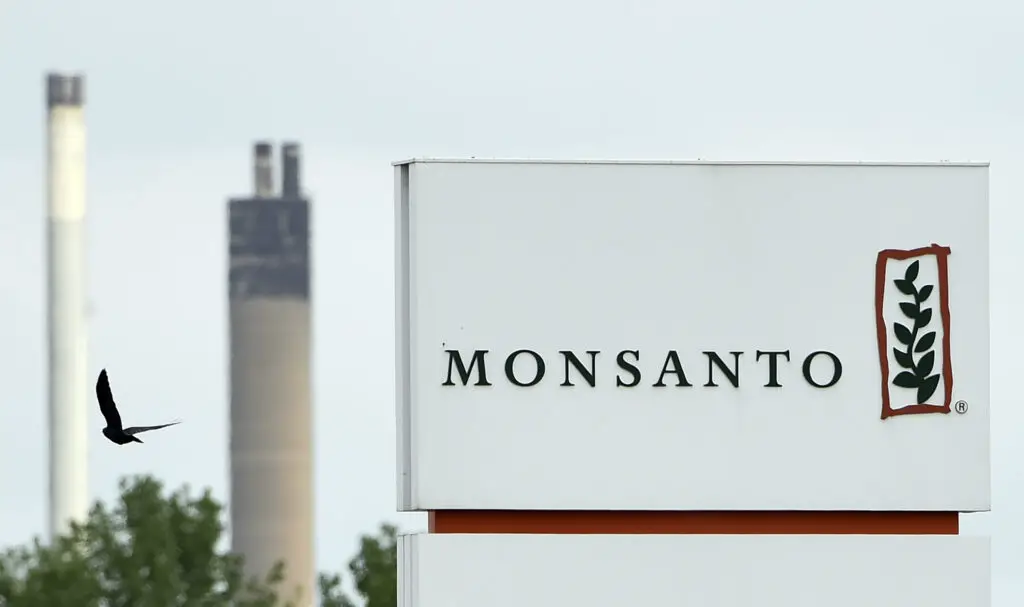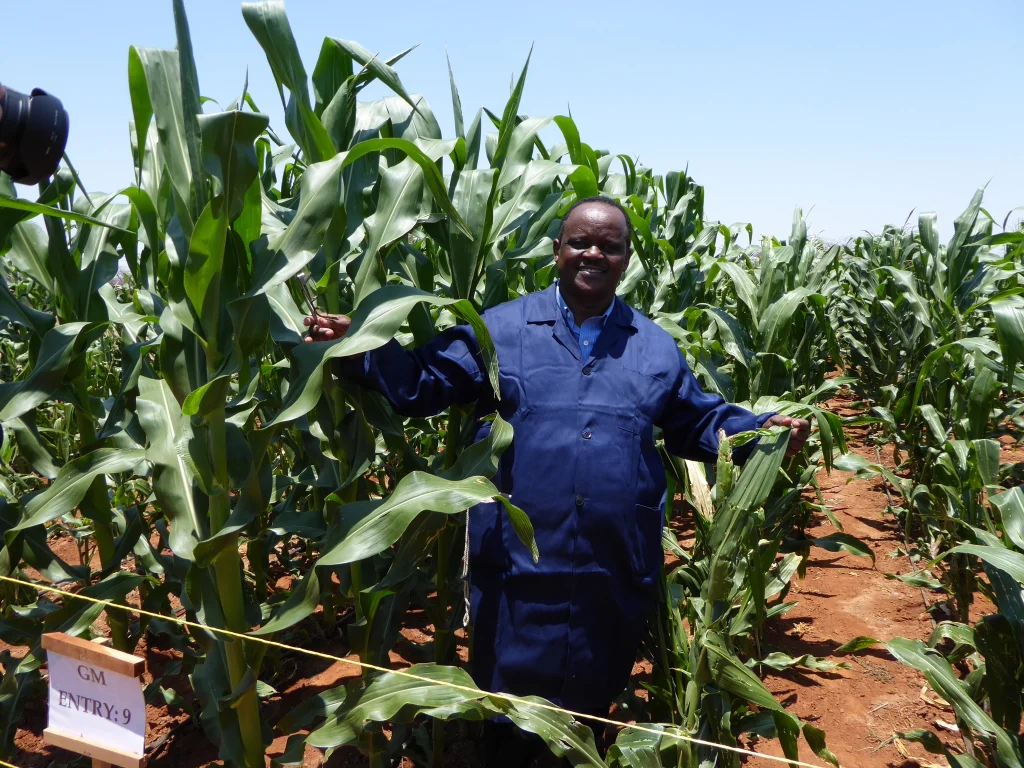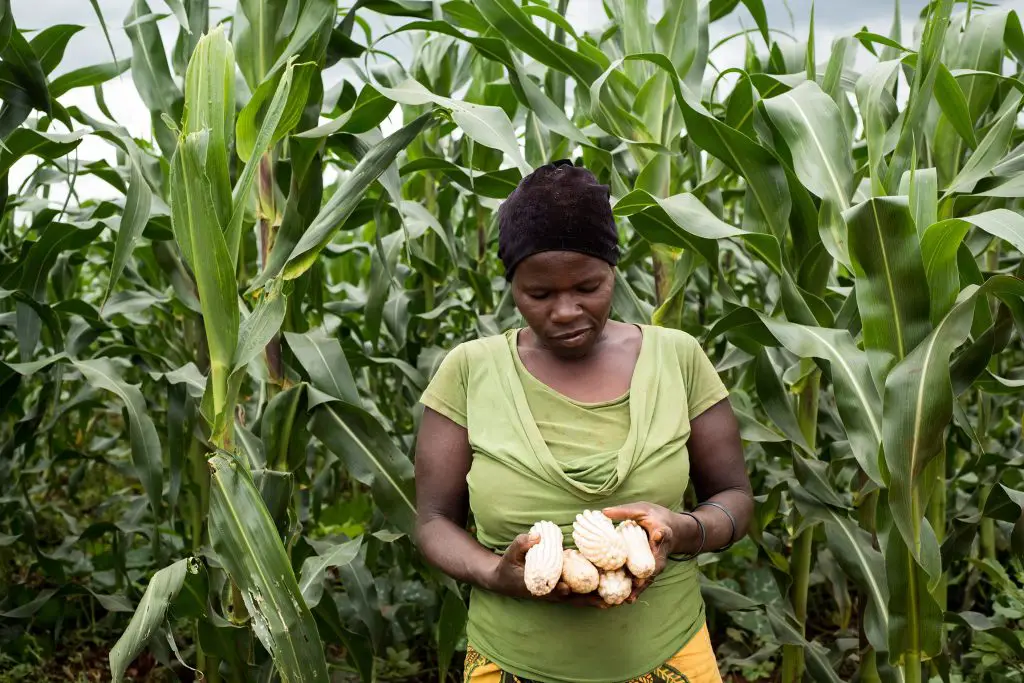Trending
- Refugee Crisis in Chad as War and Hunger in Sudan Drive Thousands Across Border
- Senegal 2050: A Blueprint for Economic Transformation
- Kenya’s banking sector corporate taxes hit $563.7 million despite industry profit drop
- South Sudan Crisis: How a Broken Pipeline Has Plunged Juba into Chaos
- Nigeria’s Largest Flour Mills to Invest $1 Billion in an Expansion and Restructuring Drive
- Ampersand triples production as Kenya’s e-moto market booms
- Vantage Capital concludes a $71 million deal with telco Camusat
- Mukuru’s mobile wallet debuts in Malawi, boosting global transfers and financial access








